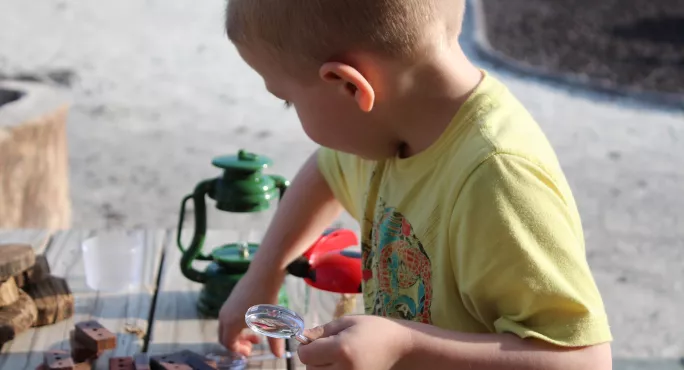Teaching methods that focus on learning through play can result in pupils struggling with more traditional approaches later on, a major report has found.
“Active learning” approaches - which aim to involve students more in the learning process - have been “particularly effective in engaging pupils”, according to the Ipsos MORI Scotland report for the Scottish government.
However, the report also highlights “a concern among staff that the emphasis on active learning meant that some pupils struggled with more ‘traditional’ teaching approaches - such as working quietly on writing tasks or listening to the teacher”.
There was also a view among secondary teachers that widespread use of active learning in primary and the early part of secondary school meant that, in later years, some pupils “struggled when ‘traditional’ approaches were required”.
Pupils accustomed to active learning, meanwhile, said they found it “uncomfortable if the class was ‘too silent’”.
Active learning and engagement
The report, entitled Behaviour in Scottish Schools Research 2016 and based on responses from 4,157 teachers and support staff, notes that following curricular reform, schools have been encouraged to introduce a greater variety of teaching techniques to help engage pupils.
A spokesman for Scotland’s school inspection and curriculum-development body, Education Scotland, said: “Active learning takes place when children and young people are fully engaged with the learning process, and understand what they are learning and why.
“Active learning can take place when children and young people are listening to the teacher, working quietly and as individuals, as well as when they are involved in group discussions, physical activities and practical work.”
He added that the body saw “many lessons where teachers are providing well-planned activities which challenge and encourage children to engage fully in their learning”.
Want to keep up with the latest education news and opinion? Follow Tes on Twitter and Instagram, and like Tes on Facebook




